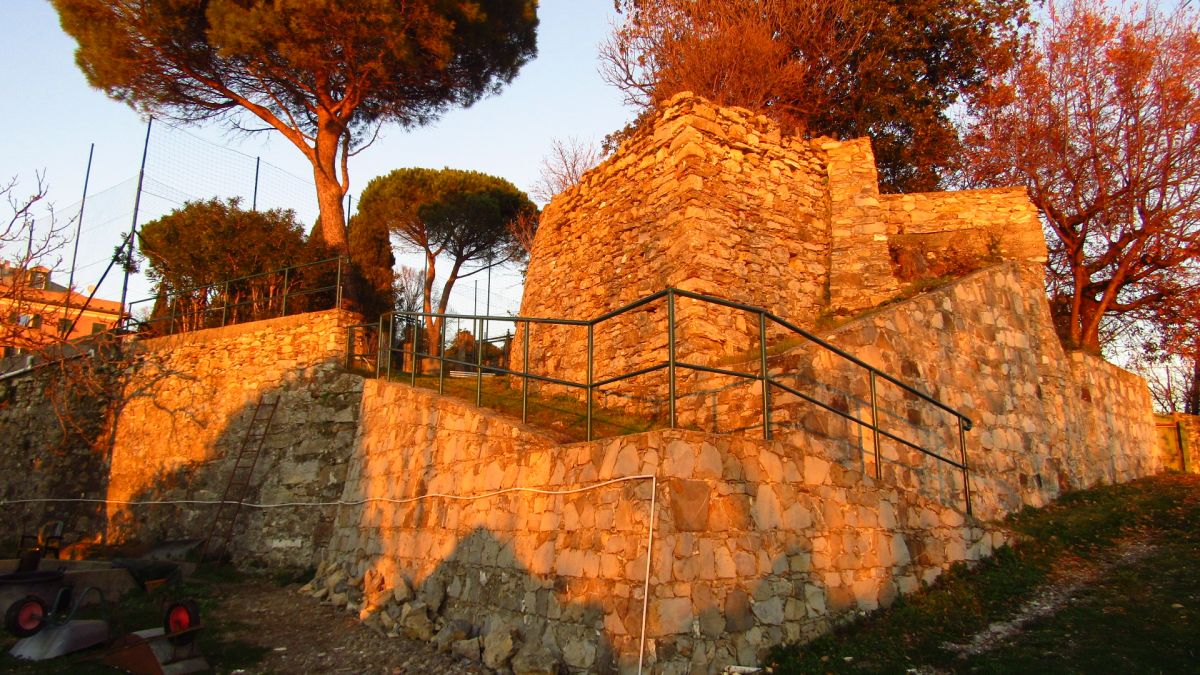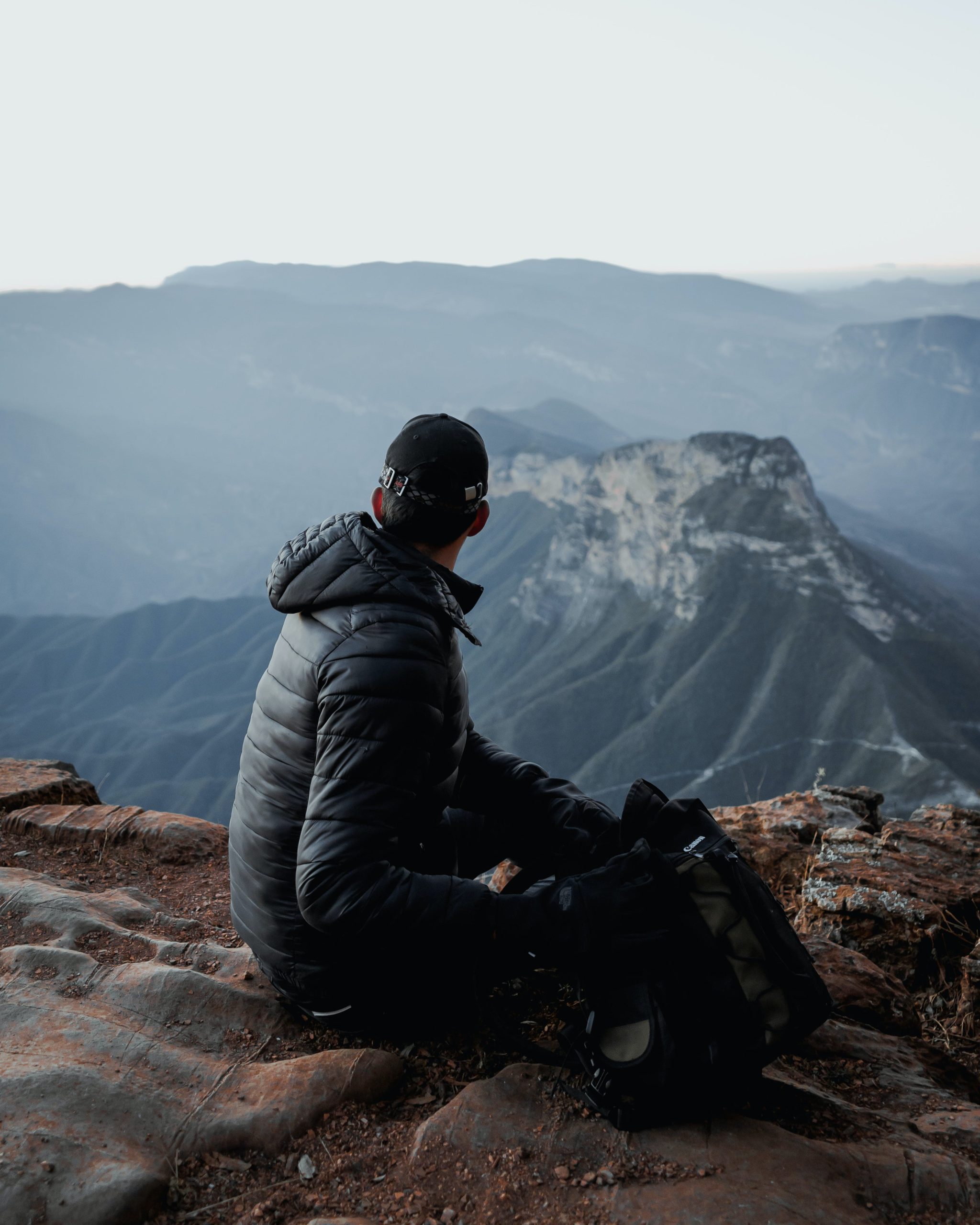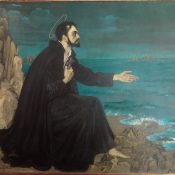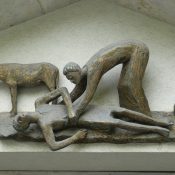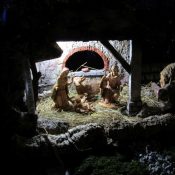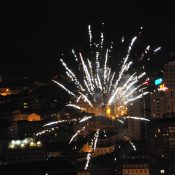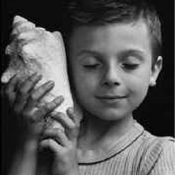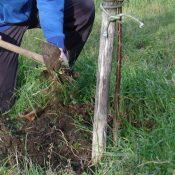Being sent as the “apostles” is a central dimension of novitiate life. As a diocesan priest, until now always immersed in a frenetic activism, between parish and teaching, in the Novitiate I feel called to rediscover the foundation of the pastoral mission, at the level of “being” before “doing” and I feel I am helped in this by the whole community.
In particular, it seems important to me to share with you the meeting we had on Friday 7 November, because it brings out well the point of view and the way of proceeding that we are learning: as first and second year novices, we all gathered together with the Master’s socius, Father Iosif Sandoru, to share and discern the ongoing pastoral activities.
In an atmosphere of listening and recollection, each of us gave some descriptions and evaluations of his experience of the apostolate on the following points: where; with whom; what; positive and hindering elements; aspects of inner consolation/desolation.
A rather variegated picture emerged, due to the diversity of pastoral areas, but with at least one point in common, namely the need for continuous discernment to assess “how” to make a personal and spiritual contribution, in contexts where one cannot and must not assume full responsibility for leadership.
Some of us are involved in the youth groups from Azione Cattolica and the Scouts in the parishes, others have more direct dealings with catechetical groups, for children and families, others are involved in social service areas. A bit like the apostles who return to Jesus to recount their various experiences, it was important for us too to participate reciprocally in the extreme variety of experiences, as a richness to be shared, also to receive help and support from others, both in discernment and implementation.
We also understood that what is central in such experiences is not so much the amount of work done or the leadership shown, but the personal exercise of attention to seek and find the Lord, in His action in hearts and situations, and the full willingness to offer himself, with humility, for the expansion of His Kingdom. Even small things that happen daily, such as a conversation, a gesture, a word, can be important signs of the Spirit if the heart is willing to read them. In addition, the importance of being in different contexts with flexibility, taking advantage of opportunities to foster a service and a proposal of spirituality, has been stressed. It is not a question of imposing, but of embodying a sensibility and certain approaches that favour greater care for the interiority, in contexts traditionally marked by a certain external activism.
Finally, Father Iosif concluded the meeting by dwelling on some aspects of the Society’s typical way of proceeding: extreme adaptability according to time, place and particular circumstances; willingness to accept reality as it is in order to discern God’s action in it; opposition to the temptation of activism, feeling and tasting every aspect, even the smallest, inwardly, with full willingness to act where it is possible and necessary. Quoting Jerome Nadal, Father Iosif said that everything should be fulfilled Spiritu, Corde, Practice, that is, starting from the Spirit, with all the heart and oriented towards action.
2020-11-17. Davide Arcangeli, first year novice
